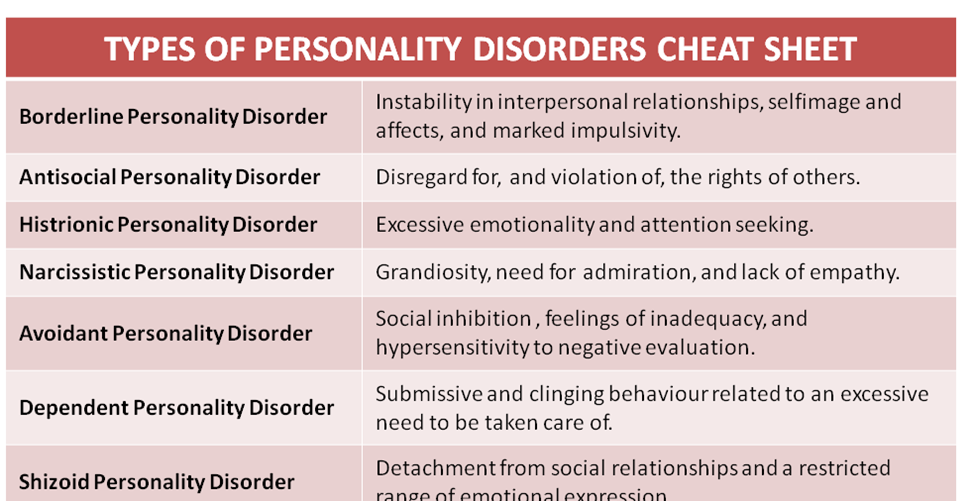A client diagnosed with brief psychotic disorder tells a nurse about voices telling him to kill the president. Which nursing diagnosis should the nurse prioritize for this client?
Disturbed sensory perception
Risk for violence: directed toward others
Altered thought processes
Risk for injury
The Correct Answer is B
A. Disturbed sensory perception: While the client is experiencing disturbed sensory perception (auditory hallucinations), the priority is to address the potential harm to others, which is better captured by the "Risk for violence: directed toward others" diagnosis.
B. Risk for violence: directed toward others: This diagnosis is the priority in this situation because the client is expressing homicidal thoughts directed toward a specific target (the president). Ensuring the safety of the client and others is the primary concern.
C. Altered thought processes: Altered thought processes may be evident in psychotic disorders, but the immediate concern is the risk of violence. Addressing altered thought processes would be part of the overall care plan, but it may not be the immediate priority in this case.
D. Risk for injury: While the client may be at risk for injury, the specific concern mentioned by the client is the potential harm to others (the president). Therefore, the "Risk for violence: directed toward others" diagnosis takes precedence.
Nursing Test Bank
Naxlex Comprehensive Predictor Exams
Related Questions
Correct Answer is D
Explanation
A. Histrionic Personality Disorder:
Individuals with histrionic personality disorder typically seek attention and may be overly dramatic, but self-harm as a response to perceived abandonment is not a characteristic feature.
B. Obsessive-Compulsive Personality Disorder (OCPD):
People with obsessive-compulsive personality disorder are characterized by perfectionism, preoccupation with details, and a desire for control. Michelle's behavior, including self-harm in response to perceived rejection, aligns more closely with borderline personality disorder.
C. Narcissistic Personality Disorder:
While narcissistic individuals may exhibit a sense of superiority and a desire for admiration, self-harm in response to abandonment is not a typical trait of narcissistic personality disorder.
D. Borderline Personality Disorder (BPD):
This personality disorder is characterized by unstable relationships, self-image, and emotions. Individuals with BPD may have intense fears of abandonment and engage in impulsive and self-destructive behaviors. Michelle's perception of being disliked, her claim of superiority, and the self-harming action in response to news of the nurse's vacation are consistent with BPD.

Correct Answer is D
Explanation
A. Having an advanced degree in engineering:
While pursuing an advanced degree can be challenging, it is not inherently a source of psychological distress. It may represent a personal and professional accomplishment.
B. Attending a community center daily:
Attending a community center daily is a regular activity and may not necessarily be a source of psychological distress. It could be a positive and fulfilling aspect of one's routine.
C. Belonging to the middle-class socioeconomic group:
Belonging to the middle-class socioeconomic group is not inherently a source of psychological distress. Socioeconomic status alone does not determine psychological well-being, and being in the middle class can provide stability and resources.
D. Being the only person of their ethnicity in a school setting:
This qualifies as a source of psychological distress. Being the only person of a particular ethnicity in a school setting may lead to feelings of isolation, cultural dissonance, and a sense of being different. Such situations can contribute to psychological distress and impact mental well-being.
Whether you are a student looking to ace your exams or a practicing nurse seeking to enhance your expertise , our nursing education contents will empower you with the confidence and competence to make a difference in the lives of patients and become a respected leader in the healthcare field.
Visit Naxlex, invest in your future and unlock endless possibilities with our unparalleled nursing education contents today
Report Wrong Answer on the Current Question
Do you disagree with the answer? If yes, what is your expected answer? Explain.
Kindly be descriptive with the issue you are facing.
